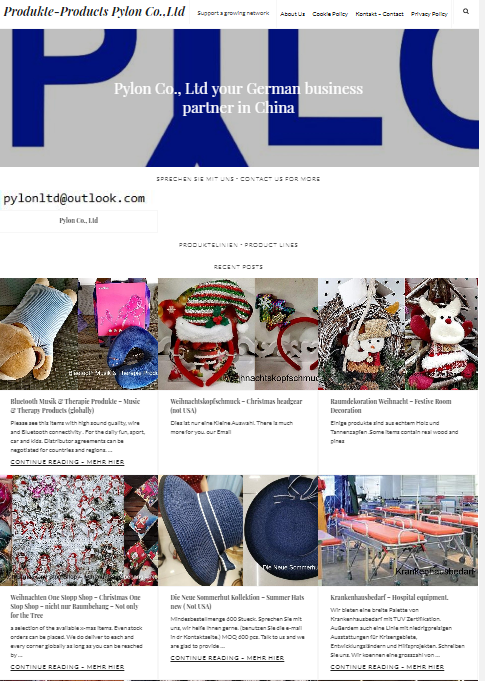Ningbo’s exemplary achievements in building seven landmarks for “Food Safety Zhejiang”
- Details
- Category: Governmental News
- Published: Monday, 19 June 2023 14:23
Ningbo, a city at the forefront of food safety, has achieved remarkable success in the construction of seven prominent landmarks under the “Food Safety Zhejiang” initiative. The Municipal Market Supervision Bureau recently announced the first batch of pilot demonstration cities and counties for this commendable project. Among the 24 pilot demonstration projects listed, Ningbo has secured an impressive count of seven, leading the province in terms of quantity and highlighting its commitment to ensuring food safety.
Out of the seven landmarks, one project has been designated as a pilot initiative, while the remaining six projects serve as notable demonstrations. The pilot project focuses on enhancing the quality of life, promoting national nutrition and health, and strengthening diversified supply capabilities within the comprehensive framework of a livelihood security system in Ningbo City. The demonstration projects encompass three noteworthy initiatives: a closed-loop control mechanism for risk and hazard management in Ningbo City, the development of reliable agricultural and trade markets in Jiangbei District, and the implementation of food safety responsibility insurance in Yinzhou District. Additionally, three major reform demonstration projects are underway: integrated reforms to expedite rapid testing procedures in
Ningbo, smart governance of campus food safety in Beilun District, and comprehensive reforms for holistic management of elderly meal assistance in Ningbo. The pilot projects aim to yield constructive outcomes by November, while the demonstration projects are expected to deliver tangible results by the end of May.
Of particular significance is the risk and hazard closed-loop control mechanism project, which aims to establish an integrated and collaborative food risk management system. This endeavor involves strengthening the four-tier risk warning and information exchange system, involving the provincial, municipal, county, and local levels. The objective is to facilitate the efficient collection, reporting, and dissemination of risk-related data, ultimately culminating in a comprehensive and coordinated food risk and hazard management mechanism.
The reliable agricultural and trade markets initiative focuses on comprehensive revitalization efforts through the implementation of a third-party assessment mechanism. It emphasizes seamless coordination between on-site and off-site management and the reinforcement of credit systems. These measures aim to enhance the overall integrity and efficiency of agricultural and trade markets.
The food safety responsibility insurance project places emphasis on expediting the speed of insurance claims. In cases where operators utilize substandard agricultural products, instant on-site compensation will be granted upon immediate disposal. To streamline the claims process, consumers can utilize a cloud-based compensation mini-program, simplifying the provision of relevant medical certificates and documentation and thereby expediting the reimbursement process.
The quick inspection integrated reform project aims to enhance food safety and consumer satisfaction. It involves constructing standardized testing labs in 130 agricultural markets, identifying 14 key edible agricultural products, and implementing targeted testing for eight projects. The project also establishes a digital platform for integrated testing data. By addressing pesticide and veterinary drug residue issues in high-risk agricultural products, it aims to improve public satisfaction and consumer experience.
The campus food safety project is dedicated to improving the level of food safety on campus. It places particular emphasis on the delivery companies-canteens link and aims to develop an integrated application that encompasses the entire food supply chain, including ingredient safety, risk factor identification, risk prediction, regulatory supervision, and timely and effective issue resolution. By implementing these measures, the project endeavors to improve the overall standards of food safety in campus environments.
The integrated reform project for elderly meal assistance aims to enhance elderly meal services through digitization and standardized management. The project focuses on ensuring convenient, regulated, and hygienic meal services for seniors in both urban and rural areas. Key objectives include high rates of centralized food distribution or designated procurement in elderly care institution canteens, the establishment of "sunshine kitchens," and the implementation of color-coded management, all targeted at exceeding 90%. These improvements aim to significantly improve the dining experience for the elderly, enhancing their happiness and sense of security.
In recent years, Ningbo has made significant progress in ensuring food safety, leading to its recognition as a national demonstration city in this field. Moving forward, Ningbo will expedite the development of pilot demonstration projects and focus on creating replicable and scalable outcomes. The ultimate objective is to instill confidence and promote the well-being of citizens by ensuring safe and healthy food options for all.








